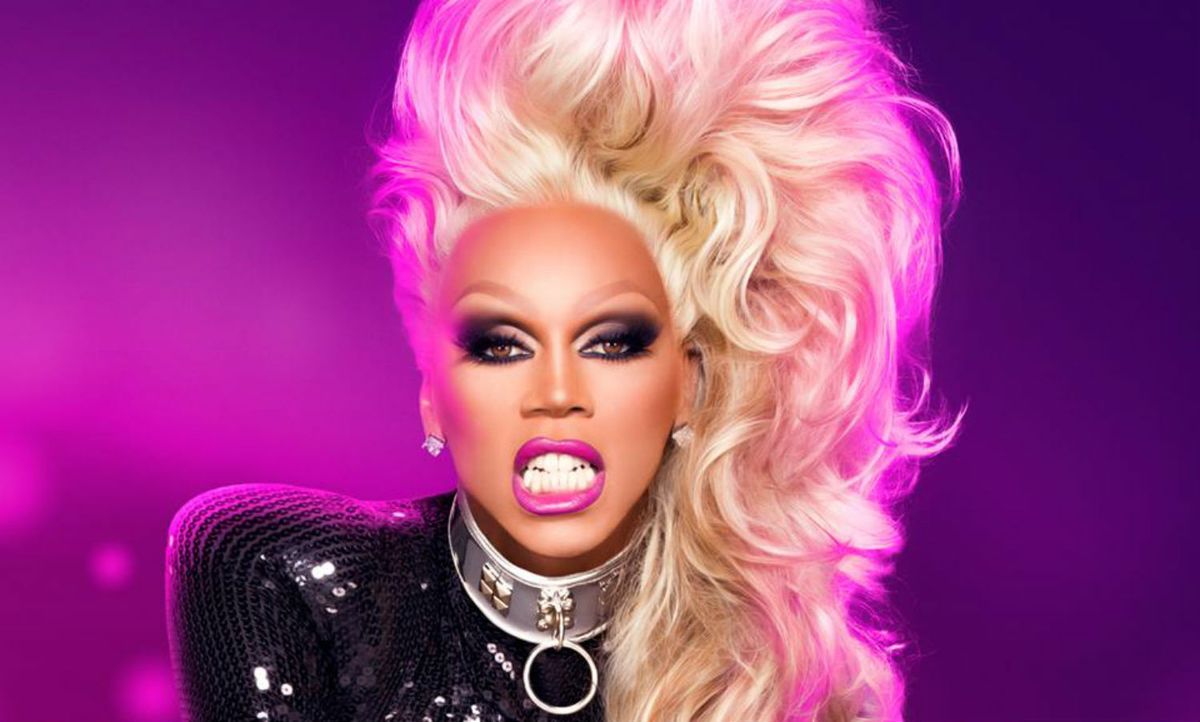How does intellectual property apply to drag queens?

A few minutes every morning is all you need.
Stay up to date on the world's Headlines and Human Stories. It's fun, it's factual, it's fluff-free.
When we think of intellectual property, usually patents, logos and maybe even a trademarked phrase come to mind. What doesn’t, though, are drag queens.
Drag has gone mainstream in recent years, thanks in part to “RuPaul’s Drag Race,” with more well-known performers regularly selling out shows. Part of the creative process of drag involves performers developing unique acts and stage names that, much like any other performance art, are meant to be theirs alone.
But intellectual property laws haven’t really kept up with drag queens. So these acts and the drag personas themselves can run into challenges because of drag’s tendency to parody existing culture (and people). For example, New York drag queen Brita Filter dropped the “Filter” from her name and was discouraged from using her catchphrase “anything but pure!” on the show because of fear of a legal battle with the filter brand, Pur.
There are also issues with music licensing since drag-style acts aren’t exactly covered in existing music licensing categories, forcing queens to take legal risks or avoid publishing their performances.
“The way that these formalities are designed, they’re designed with a certain type of creativity in mind,” said University of Essex law professor Eden Sarid. “And seeing how much this impacts the everyday lives of people who are not part of mainstream culture was mind blowing to me.”
“IP loves to pride itself as something that is very neutral: ‘As long as you fall within the subject matter and the formalities, you’re good to go,’” said Sarid. “That’s not true.”




Comments ()